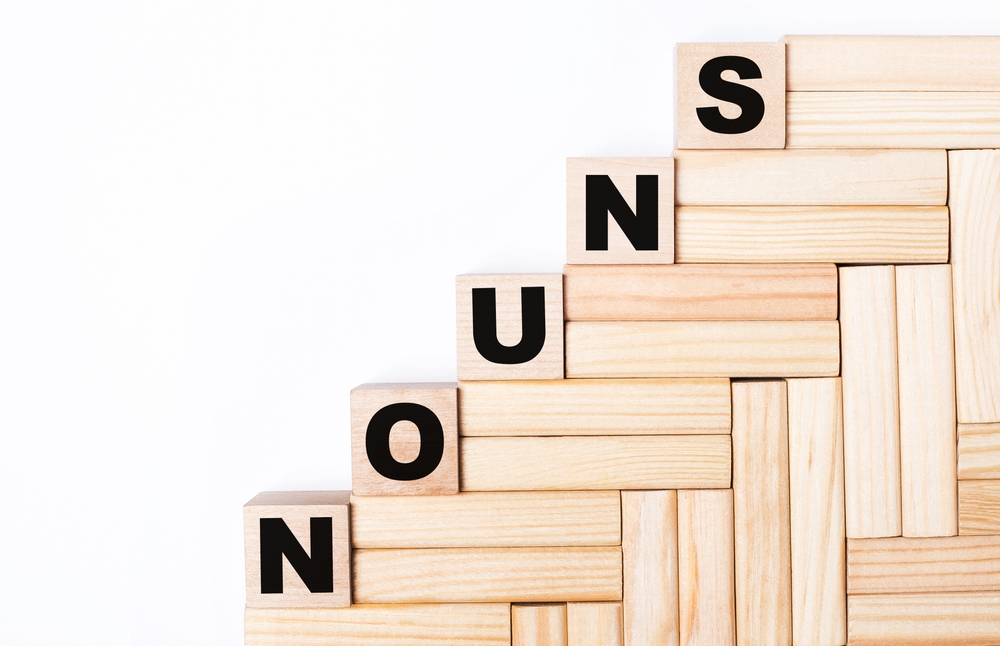Cognitive Development Normal Reading Comprehension Worksheets for Ages 6-7
5 filtered results
-
From - To
Discover our "Cognitive Development Normal Reading Comprehension Worksheets for Ages 6-7" designed to enhance young learners' understanding and critical thinking skills. These printable worksheets, crafted by educational experts, cover diverse topics to engage and stimulate cognitive growth. Your child will explore narratives, answer questions, and build foundational reading comprehension abilities essential for their academic journey. With fun activities, colorful illustrations, and age-appropriate content, these worksheets are perfect for supporting classroom learning or extra practice at home. Give your 6-7-year-old the tools to succeed and boost their confidence in reading comprehension today!


Rhymes in Poems Worksheet
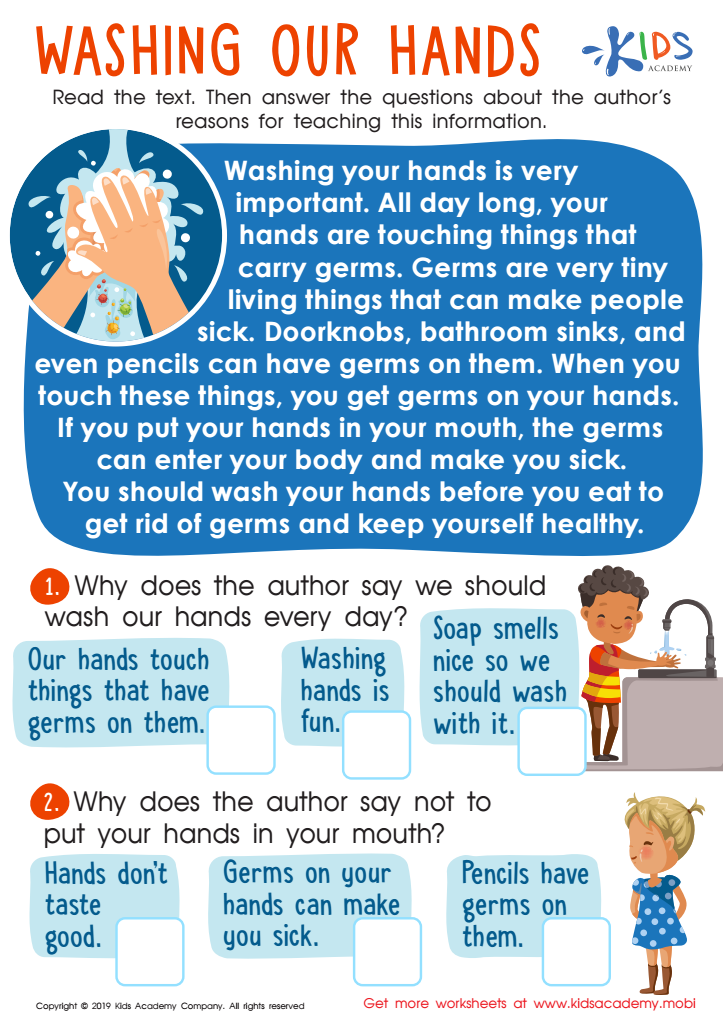

Washing Our Hands Worksheet
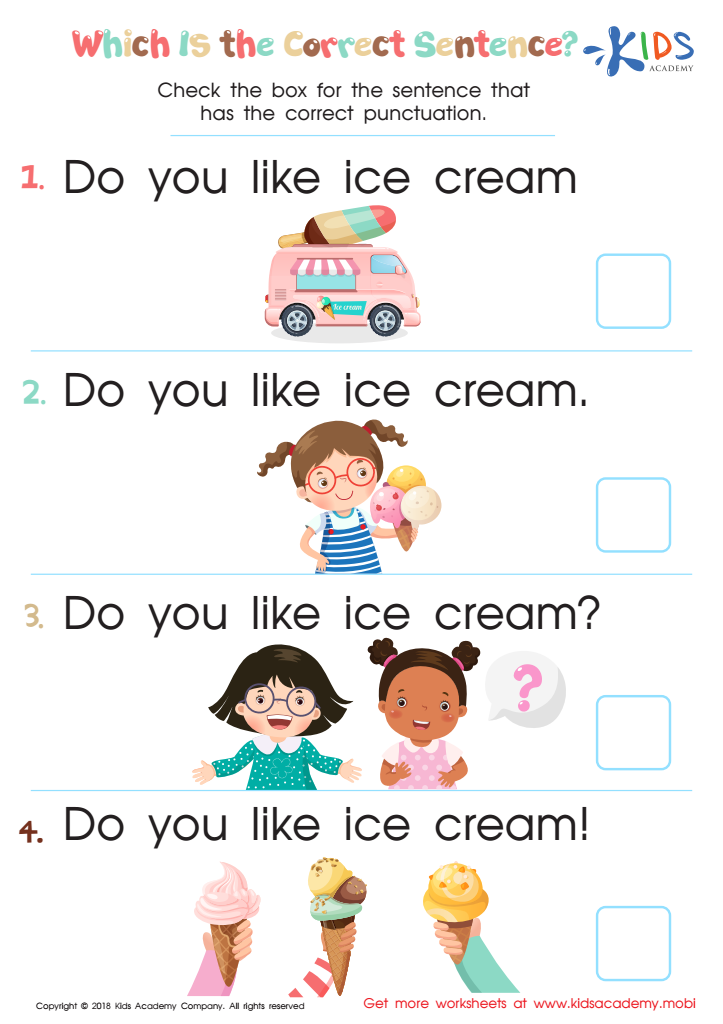

Which is the Correct Sentence? Worksheet
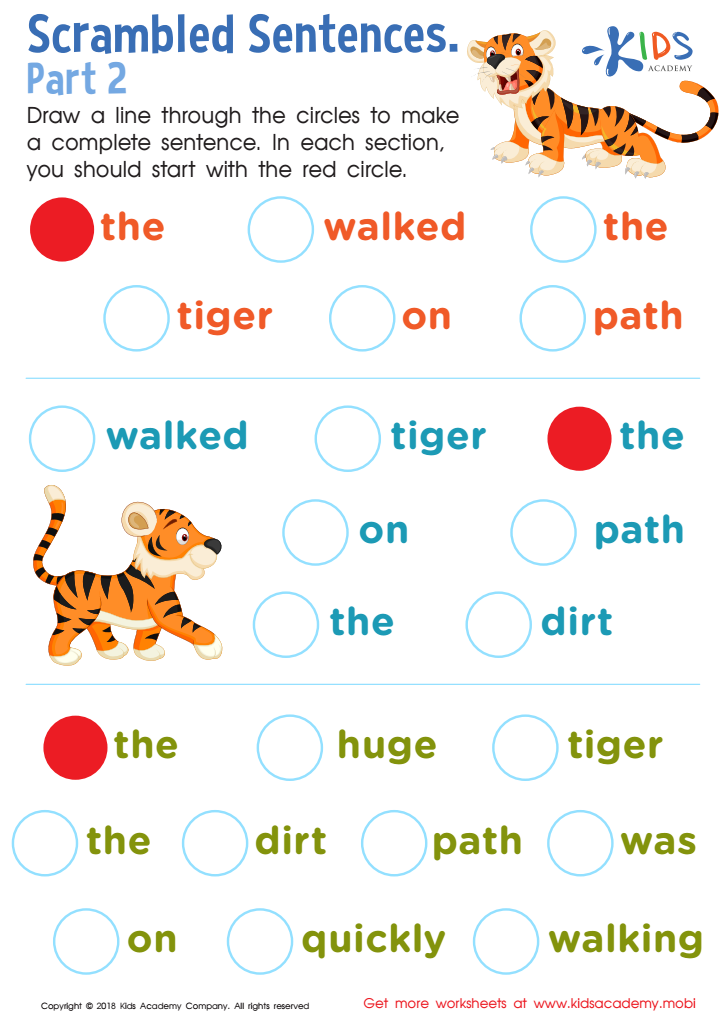

Scrambled Sentences Part 2 Worksheet
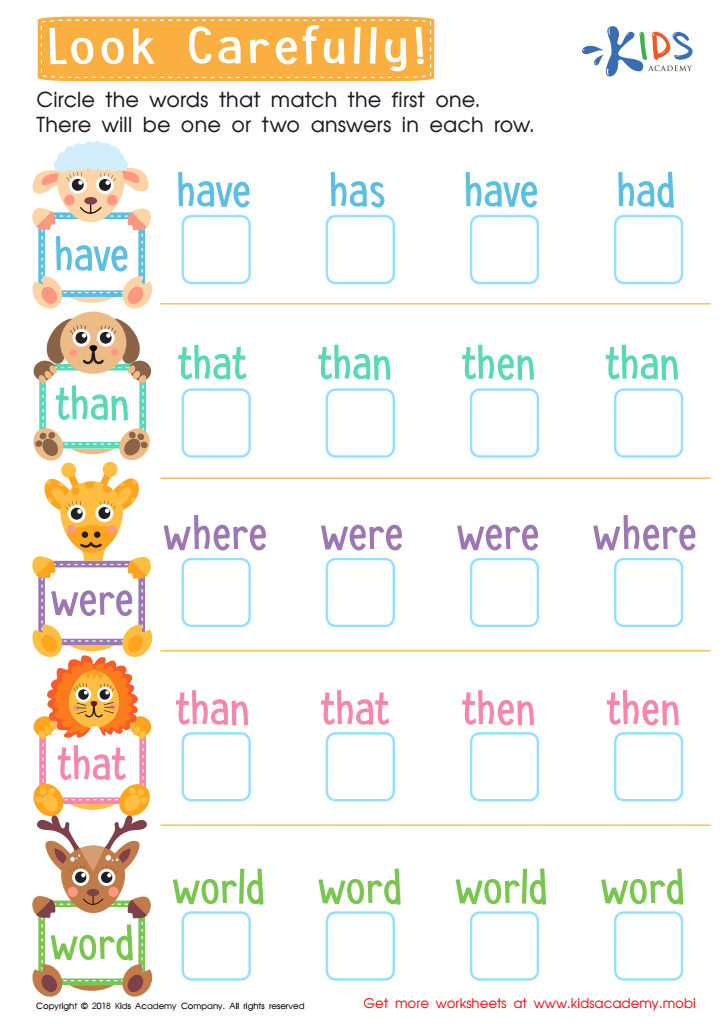

Look Carefully Worksheet
Cognitive development and reading comprehension are crucial for children ages 6-7 because these formative years lay the groundwork for future learning. At this age, children transition from “learning to read” to “reading to learn," making it essential for parents and teachers to support their cognitive growth and comprehension skills. During this period, children's brains are rapidly developing, with neural connections forming and strengthening in response to experiences and stimuli, including reading activities.
Reading comprehension aids in the development of critical thinking, problem-solving, and linguistic skills vital for academic success and daily life interactions. Engaging with texts helps children build vocabulary, understand syntax, and gain knowledge about the world. Additionally, early proficiency in reading comprehension contributes to a positive attitude towards education, increasing the likelihood of lifelong learning habits.
Poor reading comprehension can lead to difficulties in other subject areas, impacting overall academic performance. By focusing on cognitive development and reading skills, parents and teachers help children develop a robust foundation for academic success and build the confidence needed to tackle more complex texts and ideas as they progress. Thus, prioritizing cognitive development and reading comprehension at ages 6-7 can have lasting effects on a child's educational journey and personal growth.
 Assign to My Students
Assign to My Students







.jpg)


